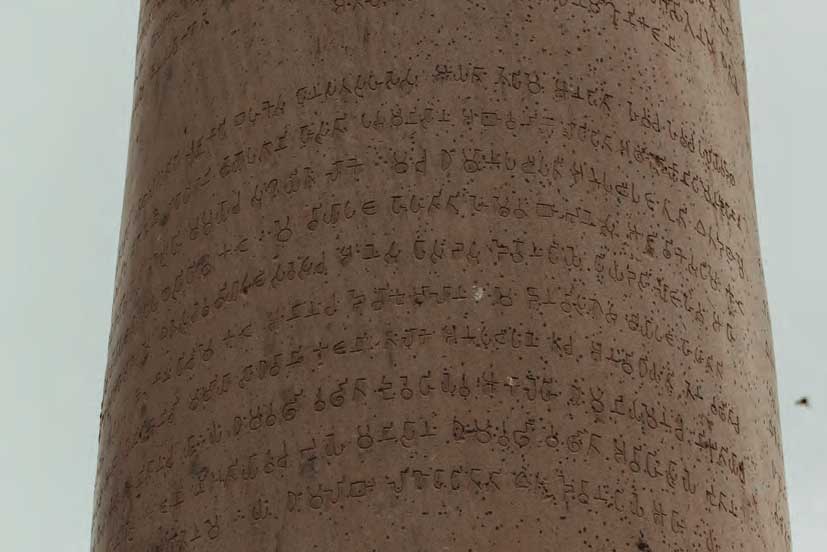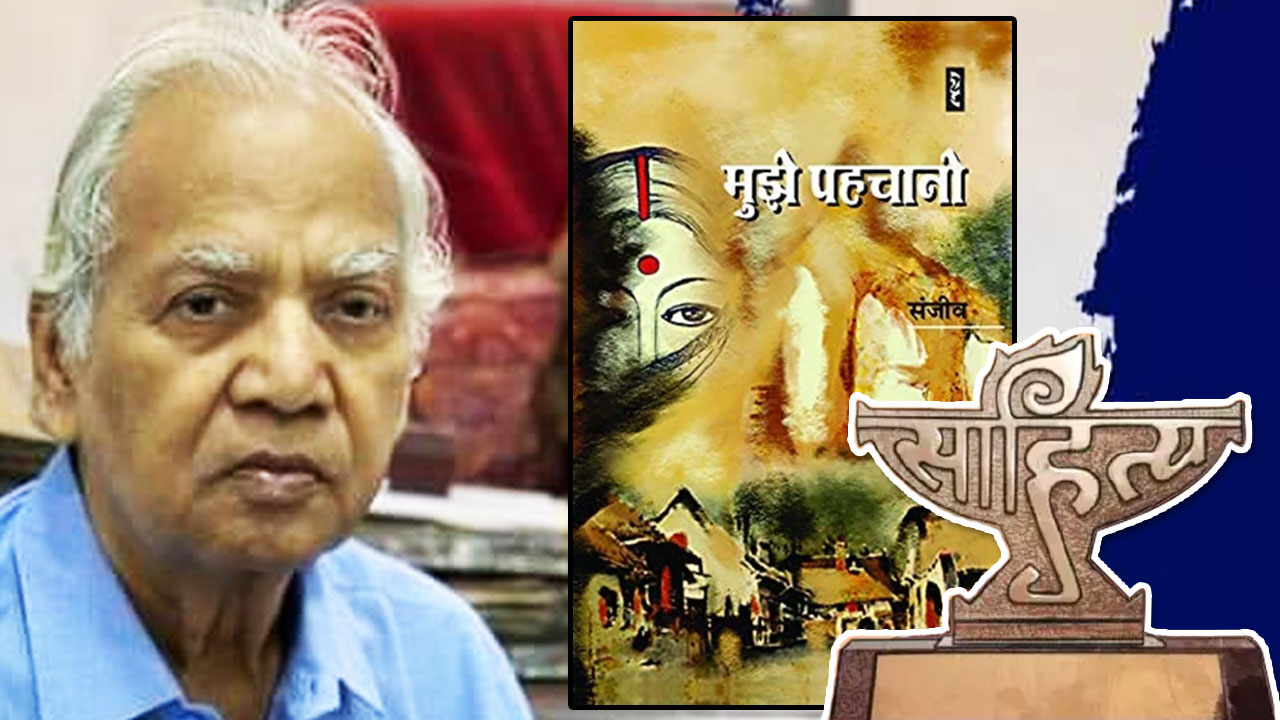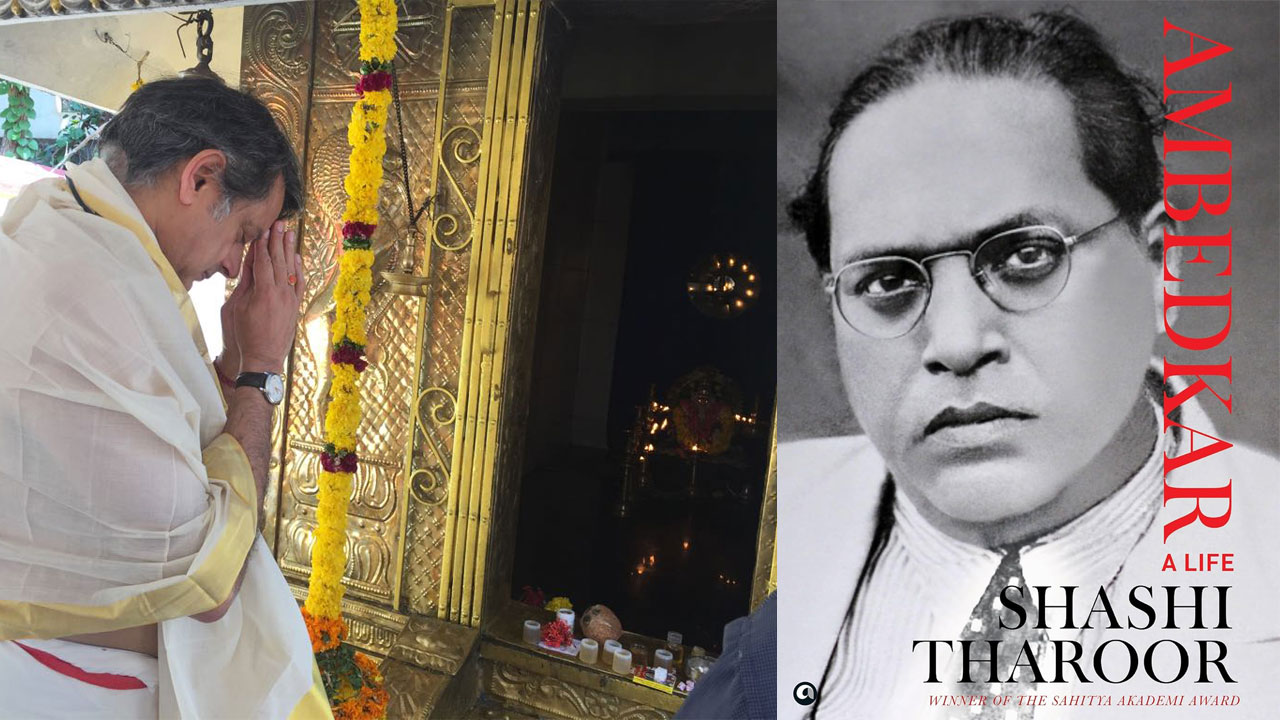 Where there is literature, there cannot be reservation. And where there is reservation, there cannot be literature. Literature is literature. What can reservation possibly have anything to do with it? If anyone demands reservation, he intends to divide literature. Just tell me, can literature be divided?
Where there is literature, there cannot be reservation. And where there is reservation, there cannot be literature. Literature is literature. What can reservation possibly have anything to do with it? If anyone demands reservation, he intends to divide literature. Just tell me, can literature be divided?
Literature is above caste, gender and religion. It does not differentiate on the basis of the place you come from, the era you belong to, the language you write in and the sort of person you are. We are progressives for life. All our life, we protected and patronized our men in true progressive style. We fetched sinecures for them. We arranged for their daily bread. We had them accommodated in literature, others in academies, still others in committees where they could line their pockets. Our fame spread far and wide. In every city, we had our band of admirers, always ready to lug our bags. We, the greatly respected, after performing hundreds of such selfless acts of service, were left with little to do. Then, one evening, we blurted out the truth.
Reservation in literature? What can be worse than that? Literature is literature. How can there be reservation in it? Then, in keeping with the changing times, we jumped on the OBC bandwagon. Till the time we donned the progressive hat, we batted for our progressives. Now, we had a wider field. The work was the old one – of “rakshan” (protection). We simply added an “a” to “rakshan”. And it became “arakshan” (reservation). So, now we started doing “arakshan”. We never differentiated between “rakshan” and “arakshan”. We provided “arakshan” to our “rakshits” (protectees) in literature. But when the Dalits started demanding reservation in literature, we gave the issue a rethink. And we changed our view. We were outraged. We insisted that no reservation should be given in literature. How is it possible? How can anyone even talk about reservation in literature?
Literature has no caste. It has no religion. There are neither Sharmas nor Vermas, neither Singhs nor Yadavs, neither Agarwals nor Guptas in literature. There is no Dalit or OBC. There is no male or female or third gender. For a long time, we had been determined to destroy caste. Then we entered the Marxist alley. Since then, we have settled down in the Marxist neighbourhood. We replaced the word caste with class. We thought about class but worked for caste. Before we knew a writer’s name, we enquired about his caste. The writer who was in the right caste was right. Our disciples or the disciples of disciples – if they were of any use – became part of our family. But the tag of “the famous Marxist” always preceded our names. Marxism saved our honour. It hid caste. Instead of caste consciousness, we wrote class consciousness. And that was what the world at large saw. The inside story is that we were considered quite dynamic within our castes. Being a progressive did not mean that we had to take on the caste dynamics. Talk of class and further the interests of your caste. How we loathe Raghuvir Sahay, who wrote a third-rate poem and brought our house crumbling down.It says, “Kuch bhee likhonga, waisa nahin dikhunga / dikhunga/ ya to riryata hua ya garajta hua / kisi ko puchkarta hua/ kisi ko barajta hua/ Bania, Bania rahe/ Bamhan, Bamhan aur kayastha, kayatha rahe/ par jab kavita likhe to adhunik ho jaye / kheensein ba de jab kaho ga de/ sach kaha hai, ghar ka bhedi lanka dhaye [What I will write, I will not be/ I will be seen either whimpering or thundering/ fondling someone/ discarding someone/ Bania should remain a Bania/ Brahmin, a Brahmin and Kayastha, a Kayastha/ But when he writes a poem, he should become modern/ He should break into guffaws when asked to, should sing when asked to/ Someone has very rightly said, a traitor who is one of your own can bring down an empire]”. And you call this a poem?
This satirical piece was published in Dainik Hindustan on 24 February 2013 with the title ‘No reservation in literature’. It was reproduced in the Bahujan Literary Annual April 2013 issue of the Forward Press magazine with the author’s permission
For more on Bahujan literature, visit http://www.amazon.in/dp/





